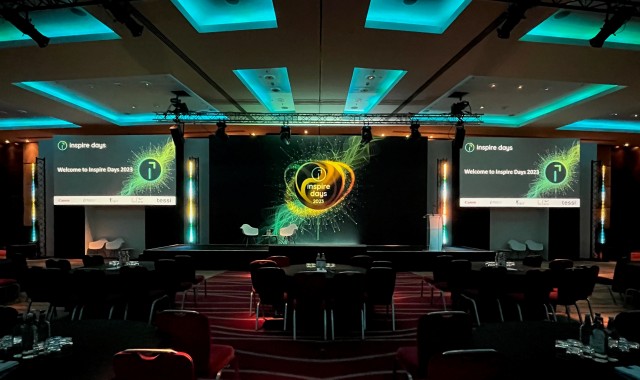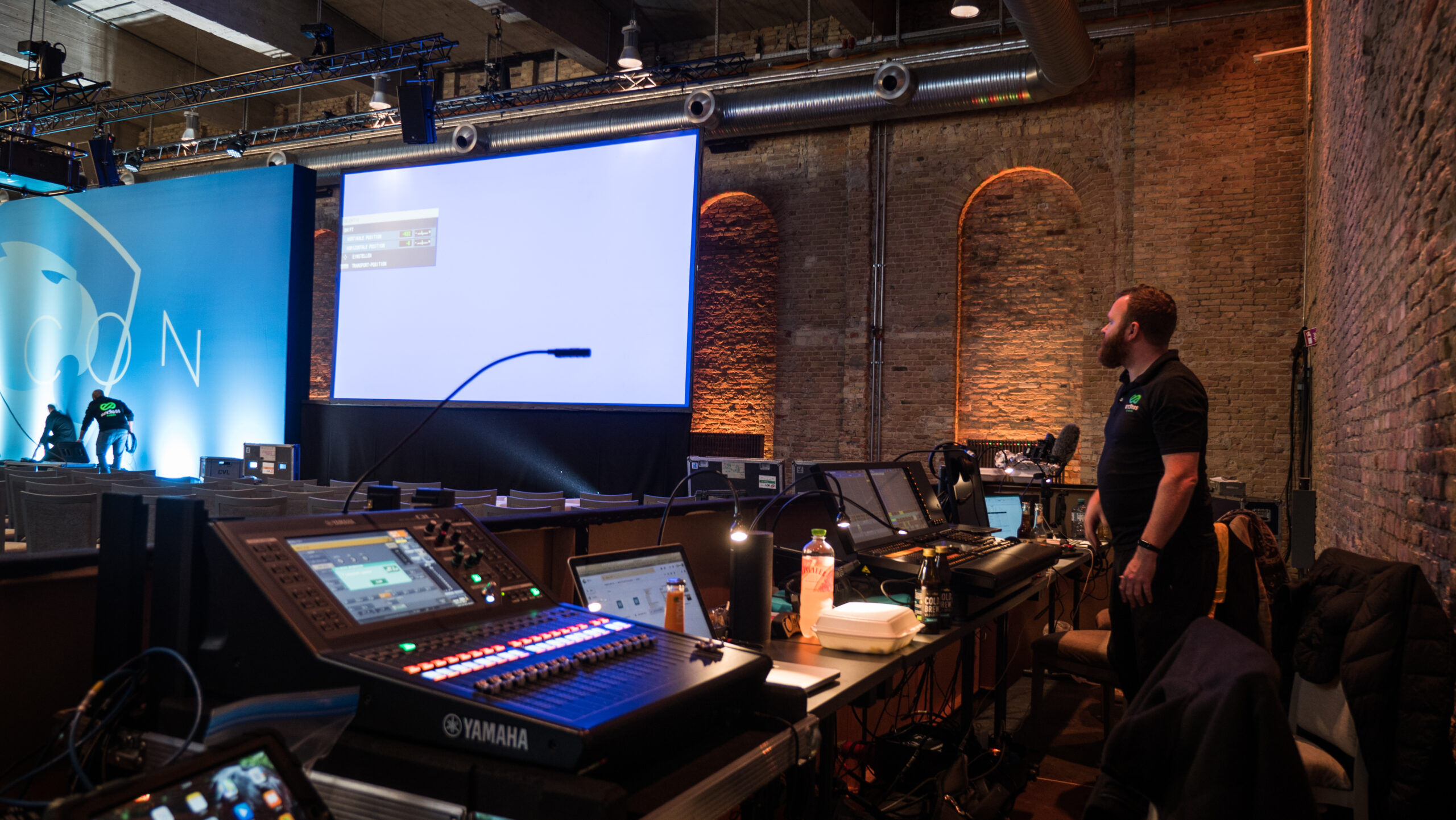Budget-Friendly Concepts to Enhance Your Event Productions
Budget-Friendly Concepts to Enhance Your Event Productions
Blog Article
Comprehending How Occasions Production Functions: A Comprehensive Summary of the Refine
The complexities of event manufacturing demand a systematic strategy that integrates numerous phases, each playing an essential function in the overall success of an event. Understanding the subtleties of budgeting, source allowance, and on-site monitoring is necessary for any type of professional in this field.
First Planning and Principle Advancement
Effective preliminary preparation and idea growth function as the structure for successful occasions manufacturing. This phase involves specifying the occasion's purpose, target audience, and wanted end results. A clear vision is important; it guides all succeeding choices and helps align the team's efforts toward a common goal.
During this stage, conceptualizing sessions can be invaluable. Involving stakeholders, including customers, sponsors, and possible participants, cultivates a collaborative atmosphere that produces cutting-edge ideas. Furthermore, detailed marketing research need to be performed to comprehend patterns, preferences, and potential difficulties.
Once the principle is developed, it is vital to develop a thorough occasion summary. This summary ought to include the event's theme, layout, and vital activities. Developing a timeline is equally important, as it helps to handle tasks and deadlines successfully.
Budgeting and Source Appropriation
With a strong concept in position, interest needs to turn to budgeting and resource allowance, which are crucial parts in implementing the event successfully. A well-defined spending plan acts as a roadmap, outlining all anticipated prices and available sources. It begins with identifying dealt with and variable costs, consisting of place leasing, wedding catering, marketing, innovation, and staffing. Each classification must be thoroughly calculated to stay clear of overspending and to ensure that funds are alloted suitably.
Source appropriation entails assigning both monetary and human resources to various tasks and elements of the event. Prioritization is essential; necessary aspects should receive sufficient funding while less critical elements might require an extra traditional technique. In addition, contingency planning is essential-- assigning a portion of the allocate unexpected expenses can minimize monetary risks.
On top of that, effective interaction among employee regarding budget restraints promotes collaboration and technology. This advertises the liable use of sources and urges creative services to remain within budget. Ultimately, a calculated strategy to budgeting and resource appropriation lays the groundwork for a successful occasion, making it possible for organizers to concentrate on supplying an unforgettable experience for participants while preserving financial stability.
Logistics and Control
Browsing the intricacies of logistics and control is important for the smooth execution of any type of event. This stage involves precise planning and company to make certain that all elements operate in harmony. Crucial element include location choice, transportation setups, and the organizing of numerous tasks.
This includes comprehending the format, accessibility factors, and available resources. Collaborating these elements calls for cooperation with click for more info vendors, suppliers, and transport services to make certain timely distributions and pick-ups.
An additional vital element is the development of a detailed timeline that details all logistical aspects leading up to the event. This timeline offers as a roadmap, detailing vital turning points and deadlines for jobs such as tools arrangement, catering solutions, and audiovisual installments. Normal communication with all stakeholders is crucial to address any kind of potential issues proactively.
Implementation and On-Site Monitoring
Effective implementation and on-site monitoring are vital for changing careful strategies right into truth during an occasion. This stage entails the seamless sychronisation of various components, ensuring that every information straightens with the well established vision. On-site managers play a critical function, serving as the main factor of communication among vendors, personnel, and stakeholders. Their ability to make real-time decisions can considerably affect the event's success.
A well-defined timetable is essential, working as a roadmap for all tasks. Occasion supervisors have to ensure that arrangement takes place on schedule, adhering to timelines for audio checks, catering deliveries, and visitor arrivals. Effective analytic skills are also crucial; unanticipated challenges can arise, requiring fast reasoning and versatility to keep the occasion's flow.
This level of involvement not just enhances the general experience yet also shows the professionalism of the event team. Inevitably, successful execution and on-site management hinge on comprehensive prep work, effective communication, and a commitment to providing a phenomenal occasion for all entailed.

Post-Event Analysis and Feedback
The conclusion of any kind of event exists not just in its implementation however also in the thorough assessment that follows. Post-event assessment is important for identifying the total success of the event and recognizing areas for enhancement. This procedure typically includes gathering comments from numerous stakeholders, including participants, vendors, and group participants, to get an extensive perspective on their experiences.
To structure the examination, occasion coordinators frequently make use of surveys and interviews, focusing on key efficiency signs such as participant fulfillment, logistical efficiency, and spending plan adherence. Assessing this data allows organizers to assess whether the event satisfied its objectives and to recognize the toughness look at this site and weaknesses of the implementation.
Additionally, assembling a comprehensive record summing up the searchings for is vital for future recommendation. This paperwork not only acts as an important resource for planning subsequent events yet also promotes a society of continual enhancement within the organization. By systematically attending to responses and applying modifications, occasion specialists can enhance their methods, ultimately resulting in even more effective and impactful occasions. Finally, post-event examination is a crucial action in the occasion production procedure that ensures ongoing growth and quality in future ventures.
Verdict

The complexities of event production need a methodical technique that integrates numerous stages, each playing a crucial function in the overall success of an occasion.With a solid concept in place, focus must transform to budgeting and resource allotment, which are essential components in carrying out the event successfully.Resource allocation involves appointing both human and financial resources to various tasks and elements of the event. Ultimately, a calculated method to budgeting and source appropriation lays the groundwork for a successful occasion, making it possible for planners to concentrate on providing an unforgettable experience for guests while preserving financial stability.

Report this page